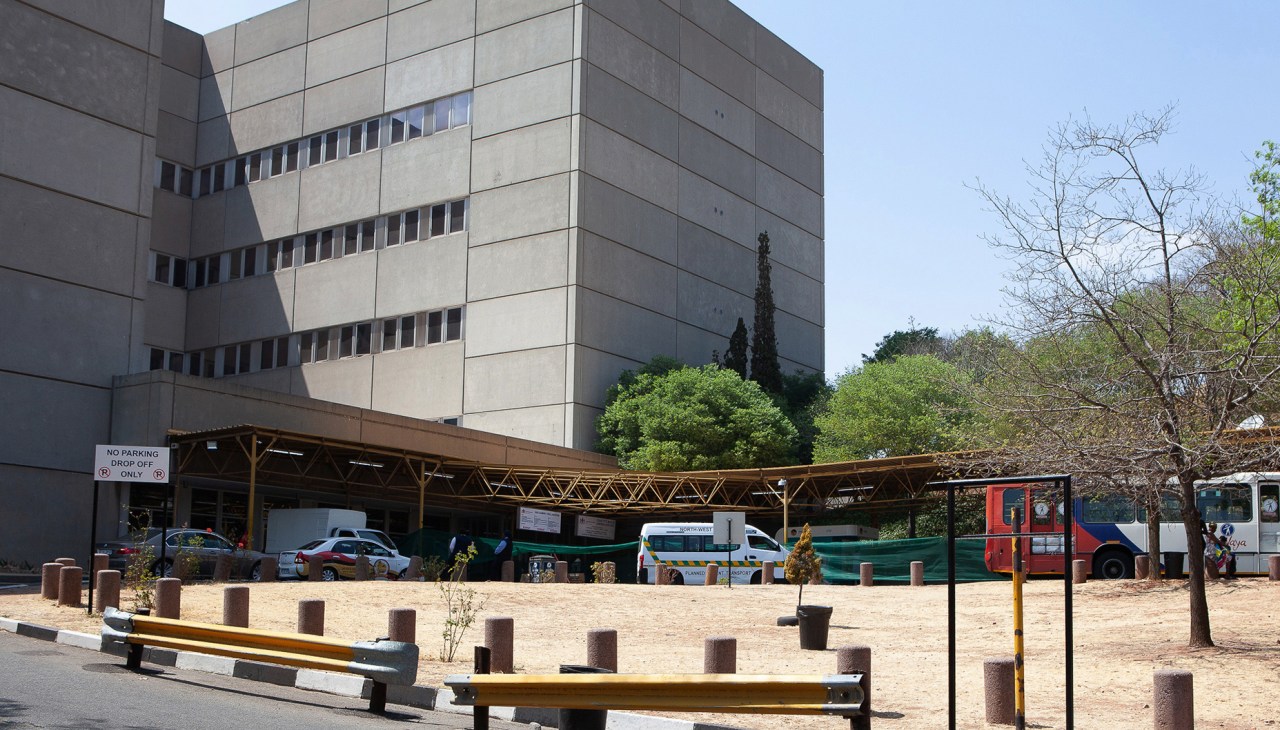Bulletin #28: International financial institutions remain a threat to health

This fortnight
It took almost two full years for the World Trade Organization to adopt a decision on its role in the Covid-19 pandemic. Once it finally did, it was not the decision the world needed: the 12th Ministerial Conference of the WTO did not result in a TRIPS waiver as asked by South Africa, India, and more than 100 developing countries.
Instead, it led to a bleak decision based on the wishes of the Global North and pharmaceutical companies. The document does nothing to lift intellectual property privileges from Covid-19 medical products, and limits itself to alleviate some of the barriers to export of vaccines which exist in the original TRIPS agreement. We bring more on the outcomes of the Ministerial Conference through a conversation with trade unionist George Poe Williams and legal advisor K.M. Gopakumar.
The WTO is not the only international financial institution influencing pandemic response and recovery outlooks. Through loan agreements with several countries in Africa, the International Monetary Fund continued to push for more austerity measures as the pandemic raged on. This is likely to mean that countries which had least access to lifesaving medical products during the pandemic will be forced to divest from public health systems and lay off health workers in order to pay off loans.
We take an additional look at the IMF and its loans in our Data speaks section.
While austerity has disproportionately negative impacts on health systems in the Global South, the commercialization drive associated with it has undermined healthcare in high-income countries as well. Throughout the pandemic, many countries faced extremely high rates of Covid-19 infection and mortality in long term care institutions, and recent reports indicate that this has a lot to do with privatization.
Initiatives to make health systems fairer and more responsive to people’s needs do not come from the global level alone. In Belgium, for more than 50 years, Medics for the People have remained devoted to improving social determinants of health and bringing healthcare to the communities. We met with the organization’s president Janneke Ronse to find out more about their new plans for strengthening the health system in Belgium.
IMF loans continue to undermine health in Africa
The International Monetary Fund has a long history of insisting on loan conditionalities which are harmful to public services. This practice did not change even during the pandemic, with African countries being some of the worst affected

Trade delegates and WTO Secretariat celebrate package of documents issued at the end of the Ministerial Conference, yet outlook for Global South remains bleak
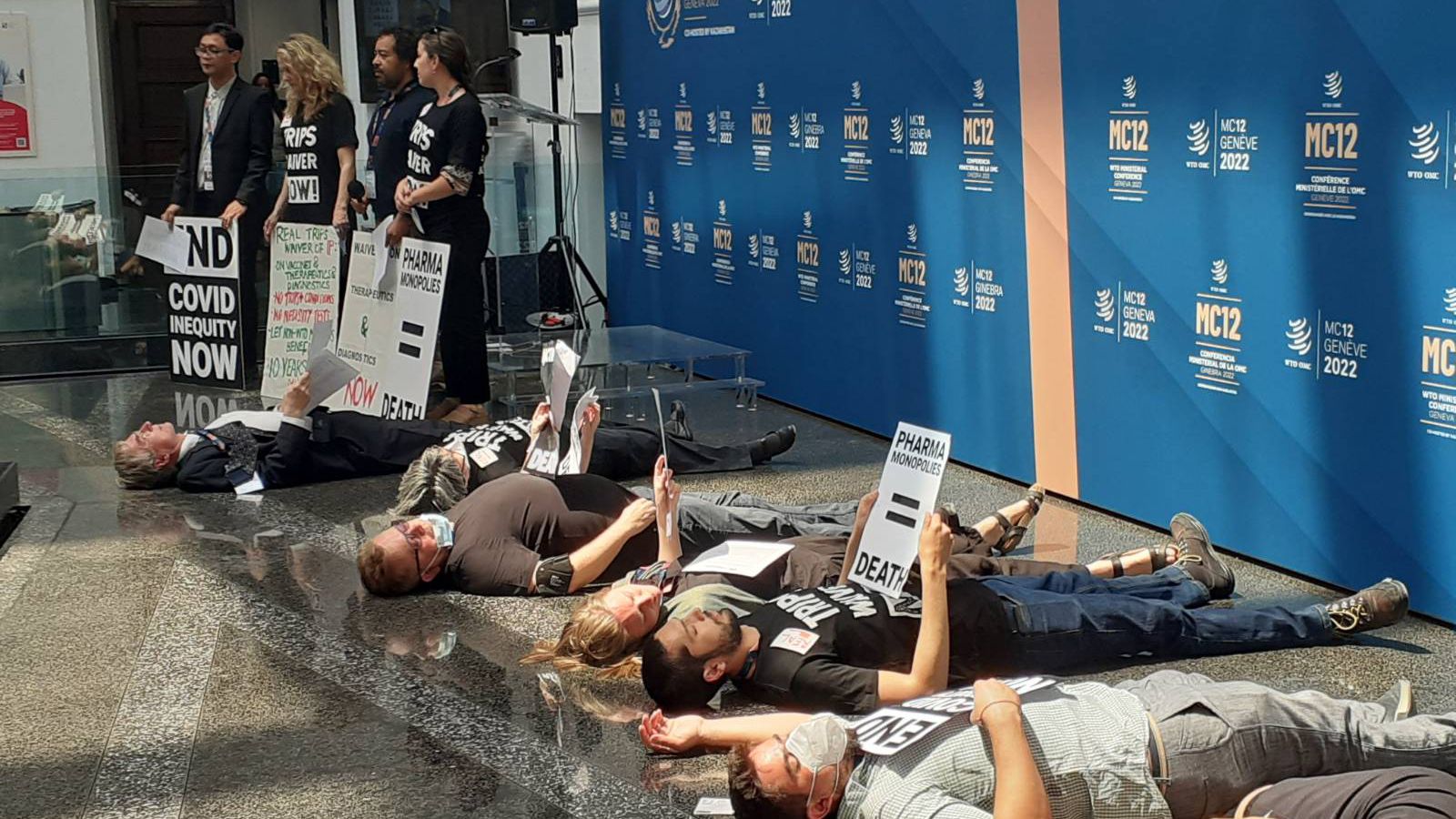
Health workers will not stop fighting for a better alternative to WTO COVID-19 response
George Poe Williams from the National Health Workers Union of Liberia comments on the recent outcome of the WTO Ministerial Conference and the disappointment this has caused among health workers
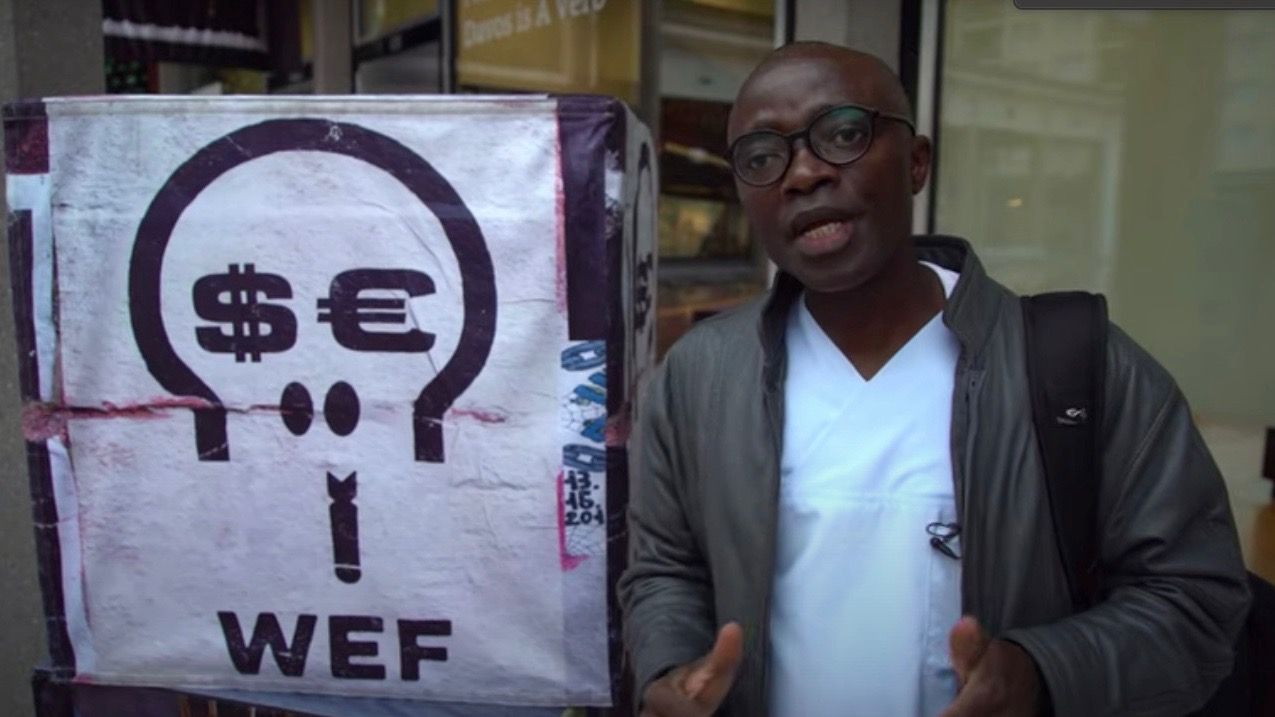
Investors in long-term care profit as aged and disabled residents and workers bear brunt of COVID-19
Throughout the COVID-19 pandemic, long-term care facilities were hit particularly hard as both residents and workers suffered high infection and mortality rates. A number of reports indicate that such an outcome is linked to widespread privatization

Medics for the People has a radical plan to rebuild healthcare in Belgium and Europe
Medics for the People has been providing primary health care to people in Belgium for more than 50 years. They recently launched a new mission statement outlining their main streams of work for the upcoming period

Video: How WTO Discussions on the TRIPS Waiver led to a Disappointing Outcome
K.M. Gopakumar of the Third World Network talks to Jyotsna Singh of the People's Health Movement about the recently-concluded ministerial summit of the WTO
Data speaks
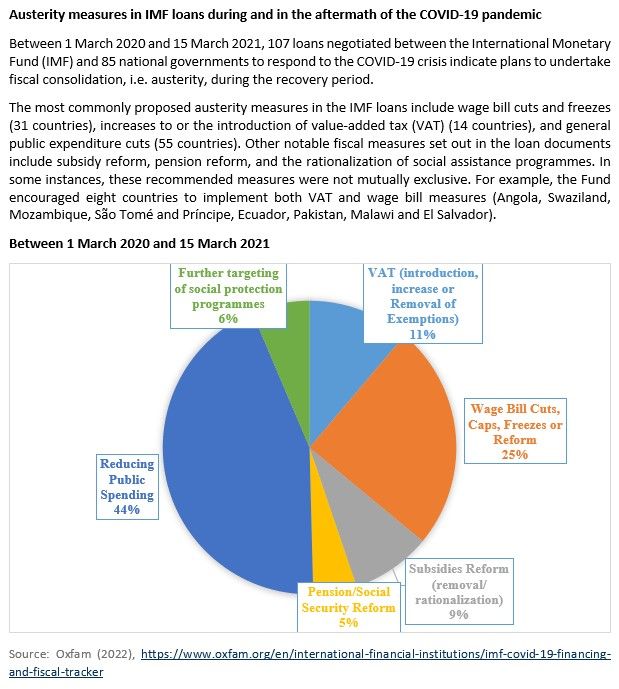
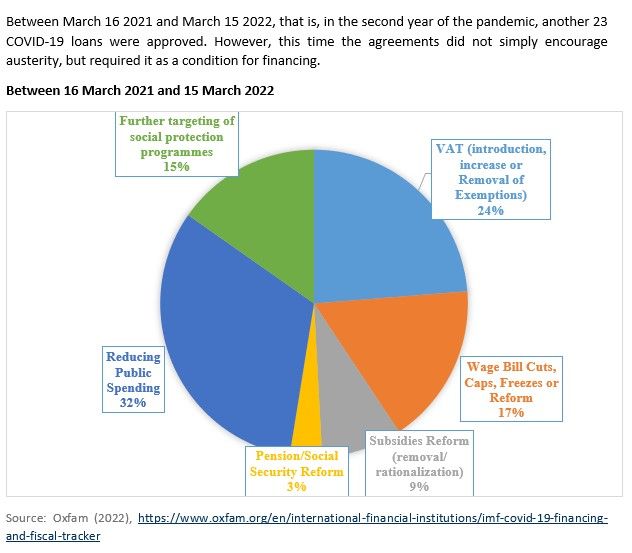
In case you missed it






